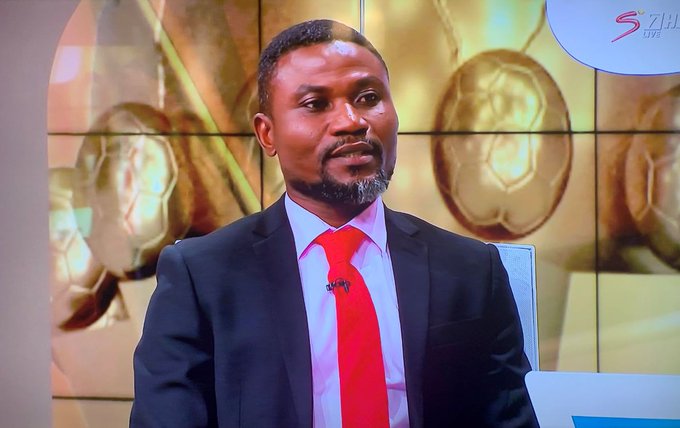|
Getting your Trinity Audio player ready...
|
Former Ghanaian football luminary Laryea Kingston has recently unveiled the cherished moments woven into the fabric of the Black Stars’ history.At the heart of this symphony of unity and success stands the maestro himself, Serbian coach Ratomir Dujkovic, affectionately known as Coach Doya.
During the golden period from 2004 to 2006, Coach Doya orchestrated the destiny of the Black Stars with a masterful touch. Beyond the tactical triumphs witnessed on the field, it was within the sacred confines of the dressing room that his influence truly blossomed, leaving an indelible mark on the team’s ethos.
According to Kingston, who proudly donned the national colors under Doya’s stewardship, the magic wasn’t confined to strategies and game plans alone. It was the infectious sense of humor that Coach Doya injected into the team’s dynamics, transforming the dressing room into a sanctuary of laughter and shared moments that echoed through time.
Reflecting on those unforgettable years, Kingston spoke of the unique camaraderie that permeated the team. It was more than just a group of players; it was a brotherhood forged through the shared joys of victory and the collective resilience in the face of challenges.
Yet, Coach Doya’s impact extended beyond laughter; it was the genuine relationships he fostered between the players and the management team that set that era apart. Kingston, in an interview with Sienu TV on Youtube, emphasized, “For me, I will say Doya because of his sense of humor. The relationship we had with him is amazing. He was also lucky to have a lot of quality players in his time.”
The former midfielder delved into the dynamics of that exceptional team, highlighting the understanding among players, their mutual respect, and a shared commitment to Coach Doya’s vision. “Players that understand each other, players that bought into his idea quickly,” Kingston continued, underscoring the seamless synergy that characterized the squad.
Ghana, with a collective belief in the 4-4-2 formation, found themselves in a fortuitous position as Coach Doya had a quartet of midfield maestros who not only comprehended the game intricacies but also shared a profound bond. Kingston expressed, “So for me, I think he is someone that tried to lift the game, and not forgetting the management that we had that time. They loved us, and we loved them. The relationship was amazing, so those things played a major role in that.”
In the mosaic of Ghanaian football history, the era under Coach Doya stands out not only for victories on the pitch but for the lasting relationships, laughter, and unity that he cultivated within the Black Stars. Laryea Kingston’s reminiscences offer a glimpse into a time when football was not just a game but a shared journey of passion and camaraderie.





